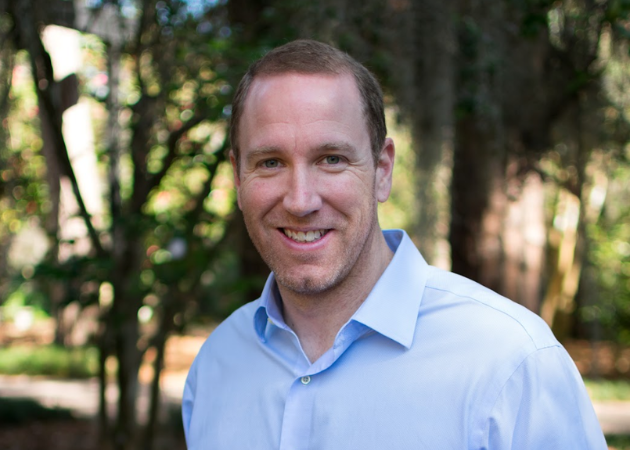In his bestseller, The Seven Habits of Highly Effective People, Stephen Covey wrote, “Begin with the end in mind.” Covey meant that effective people start any project by defining clear measures of success and a plan to achieve them. Business owners who know they want to sell their business and retire someday should start planning for their exit years before that day comes.
That means keeping an eye on value the whole time you’re building and running the business. As you get nearer to retirement, you’ll be able to calculate how much you’ll need to get for the business to afford the lifestyle you want and what you might need to do in order to reach that goal.
Your financial advisor is one of the most important partners on your team as you plan for retirement. We spoke with Kendall Park, a Certified Financial Planner with Raymond James & Associates Inc., who talked about how he helps owners prepare. “We can estimate the amount needed for retirement in a couple of ways,” he says. “One is to ask the owner how much he’s been earning in salary over the past few years, and how much he’d like to be making in retirement. Let’s say that number is $200,000 a year. The calculation for that is $200,000 X 5%, which means he’ll need to have $4 million in his retirement account to achieve that number. Then we work from there to figure out how to get to that number.”
Park says that for most business owners, the bulk of their net worth is the value of their company. That means its sale will, at least in large part, fund their retirement, although they often explore other options, such as selling off part of the company or leaving it to family. “The tricky part,” Park says, “is understanding the business’s true value. Just as in real estate, you don’t know how much an asset is worth until you find out what someone’s willing to pay for it.”
Property Management Business broker Patrick Hurley suggests getting a complimentary opinion of value before you meet with your financial advisor. You’ll need this vital information to understand your retirement picture. Park agrees that it can help you get a realistic picture of your financial situation.
“Some owners come in with a number in their heads,” he says. “Sometimes it’s based on data, but sometimes, it’s just wishful thinking.” Owners who may have gotten opinions of value, even offers, before the COVID pandemic may find that the market has changed, and they’ll have to adjust their expectations.
“When we create a ballpark estimate of market value,” Park says, “we go with the lowest realistic price. Then we see if that selling price (minus the debt and tax the owner might owe) will meet the owner’s needs for retirement. If not, they may need to work for a few more years than they thought to grow the company’s value before putting it up for sale.”
Patrick Hurley works with owners to help them understand how buyers will value their company. It’s always a delicate discussion, he says, because owners naturally consider blood, sweat, and tears when talking about the value of what they’ve built. On the other hand, buyers only care about cash flow, profitability, and potential for growth.
Bigger companies are worth more and are more likely to get offers with multiples, a ratio calculated by dividing the market or estimated value of a company by the value on the financial statements. Multiples are most often based on researching sales of companies of comparable size and profitability, but they’re hard to predict years in advance.
Hurley’s best advice for an owner is to create a plan that includes specifics: the age at which you want to retire, the yearly income you’ll need to support your lifestyle for the rest of your life, the estimated value of your total assets (including and especially your company) and information about your debt and tax situation. Working with your financial advisor and a business broker means you’ll be able to create a clear picture of how close you are to achieving your dream.
 About the author: Patrick Hurley
About the author: Patrick Hurley
He’s a Tallahassee native with almost 20 years of experience in the property management, real estate, construction, and business brokerage worlds. Having owned, operated, bought, and sold property management companies in the past, Hurley is uniquely positioned to help others in the industry find their exit. He’s been described as dependable, highly efficient, effective, and hard-working with a no-nonsense attitude. He takes pride in his professionalism and attention to detail and focuses on his client’s desired outcome.
Patrick still meets with every client and passes along as much knowledge as possible. He frequently gives back to the property management community through professional speaking and value-packed article content. When he’s not helping others with a business transition, you can find him adventure-seeking with his young family.

